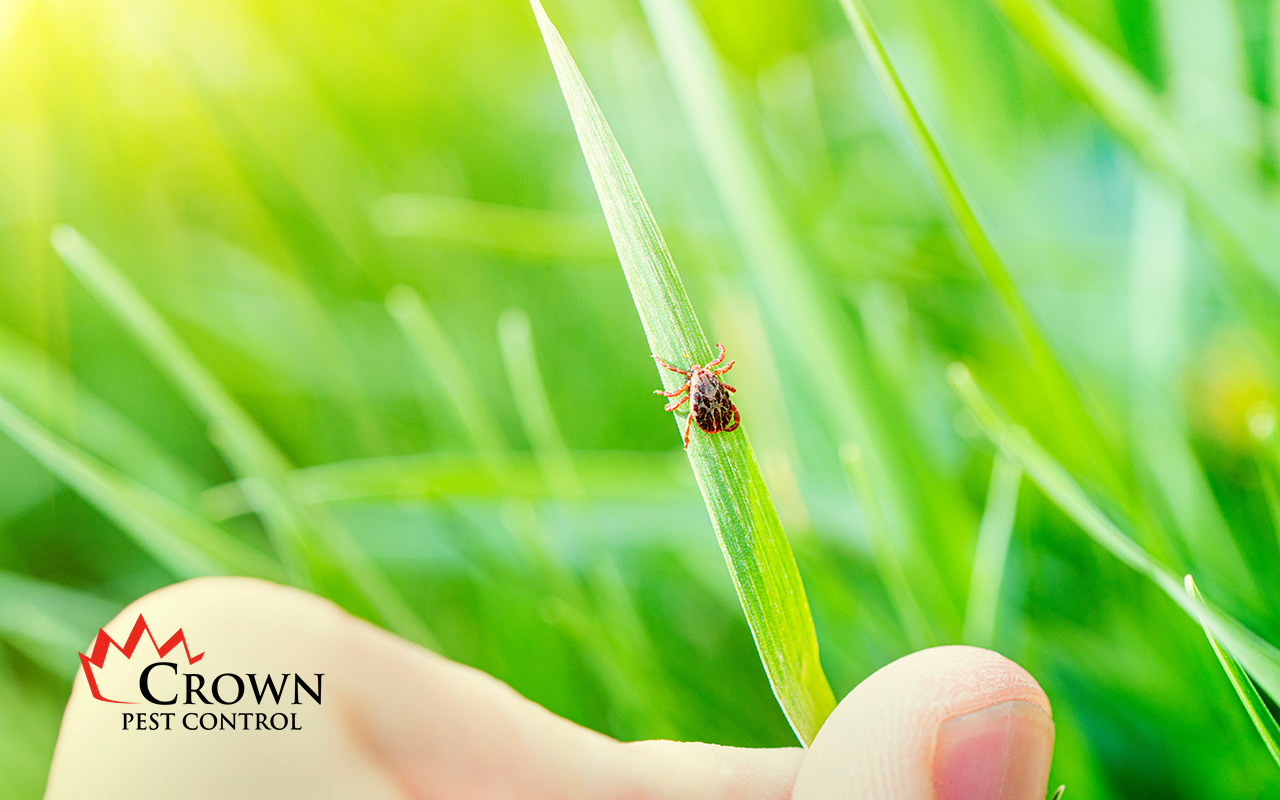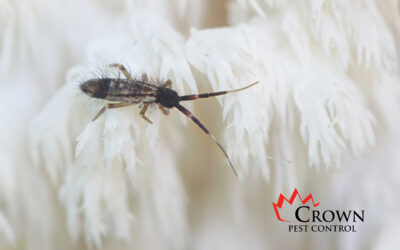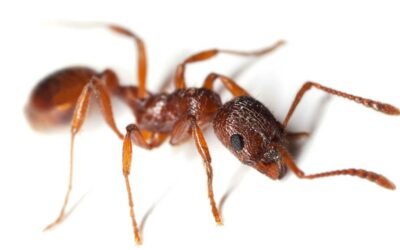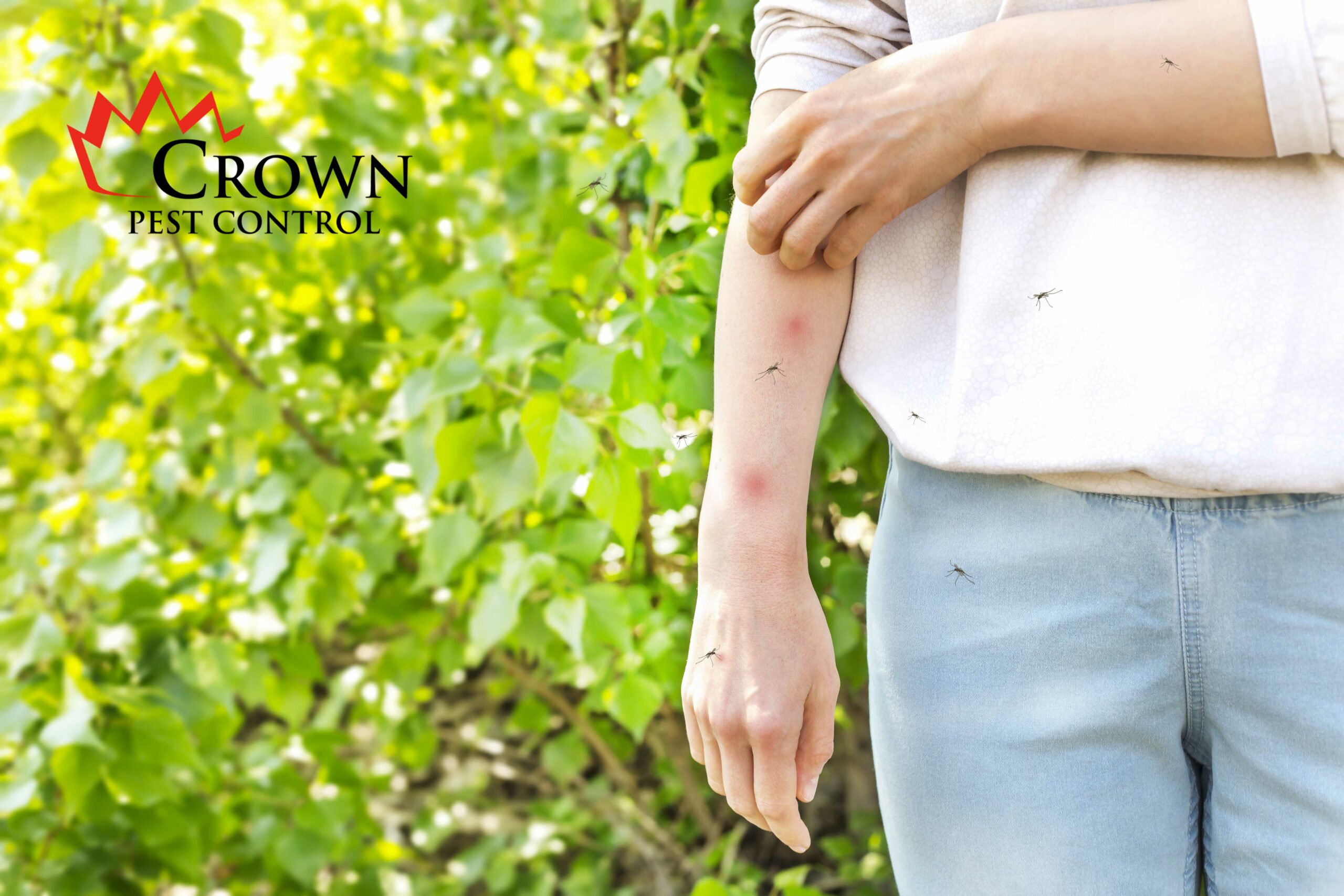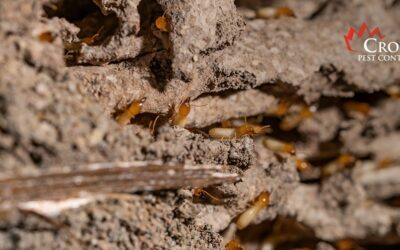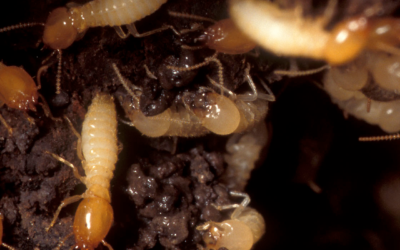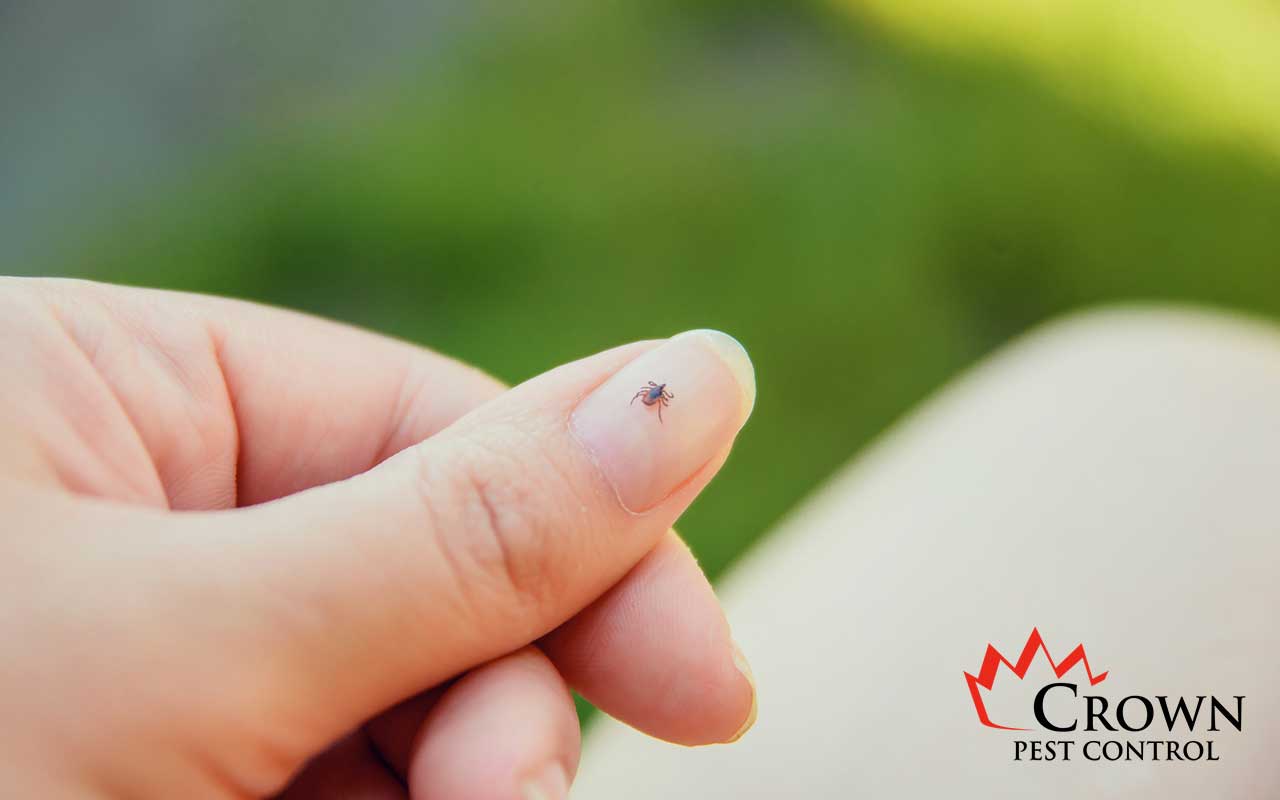
5 Tips about Ticks
Tip 1- Tick Feeding habits
Ticks are small, parasitic creatures that feed on the blood of animals and humans. Ticks usually attach themselves to their host by burrowing their feeding tube into the skin. The tick’s saliva has an anesthetic property so the animal or person often does not feel when the tick has attached. According to the CDC, once it is attached they can go unnoticed for days and they will slowly suck the blood of their host.
It is well known that ticks spread disease. This happens when a tick feeds on an animal with a pathogen then later when it attaches to a new host they then can transmit the diseases during the process of feeding.
Tip 2 – Tick behavior
Ticks will often wait in vegetation for a potential host to brush past them before they attach themselves. Ticks are most active in the spring and summer months when the temperature is warmer. Ticks can also be active in the fall and winter, but they are less likely to be found during these times.
Ticks will usually attach themselves to their host for several days before detaching. Ticks will usually feed on the blood of their host for hours or days before they are full. Ticks will often engorge themselves with blood, which can cause them to swell up and become more visible.
What to learn more? Check out this article on Animals.net.
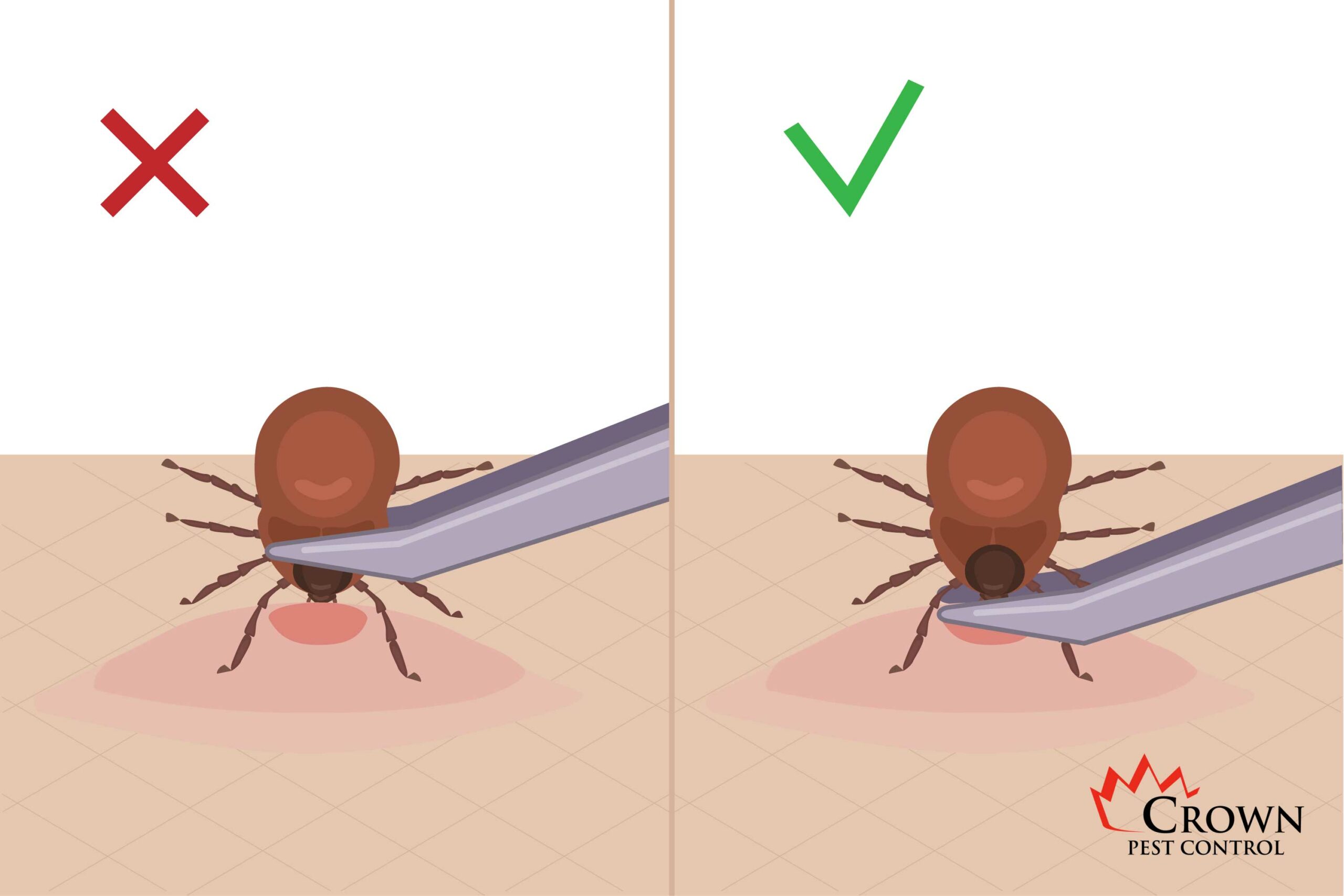
Tip 3- Tick removal
If you find a tick on your body, remove it as soon as possible. Ticks can transmit diseases to their hosts, which is why it’s imperative to get rid of them as soon as possible. There are a few different ways to remove a tick:
– Use a pair of tweezers to grasp the tick by the head and pull it straight out.
– Use a cotton ball soaked in rubbing alcohol to kill the tick.
– Use a commercial tick removal product.
After you’ve removed the tick, it’s important to disinfect the area where the tick was attached. Clean the area using a cotton ball soaked in rubbing alcohol or soap and water.
The CDC recommends you tell your doctor about your recent tick bite and see your doctor if you develop a rash or fever.
Tip 4- Preventing ticks
There are a few things you can do to prevent ticks from attaching themselves to you:
– Wear long sleeves and pants when you’re in areas where ticks are present.
– Use a repellent that contains DEET, picaridin, or oil of lemon eucalyptus on your skin.
– Use a repellent that contains permethrin on your clothing.
– Stay on well-traveled trails when you’re hiking in areas where ticks are present.
– Inspect your body for ticks after you’ve been in an area where they’re present.
– Tumble clothes in a dryer on high heat for 10 minutes to kill any ticks that may be attached to them.
If you think you may have been bitten by a tick, check in with your doctor as soon as possible.
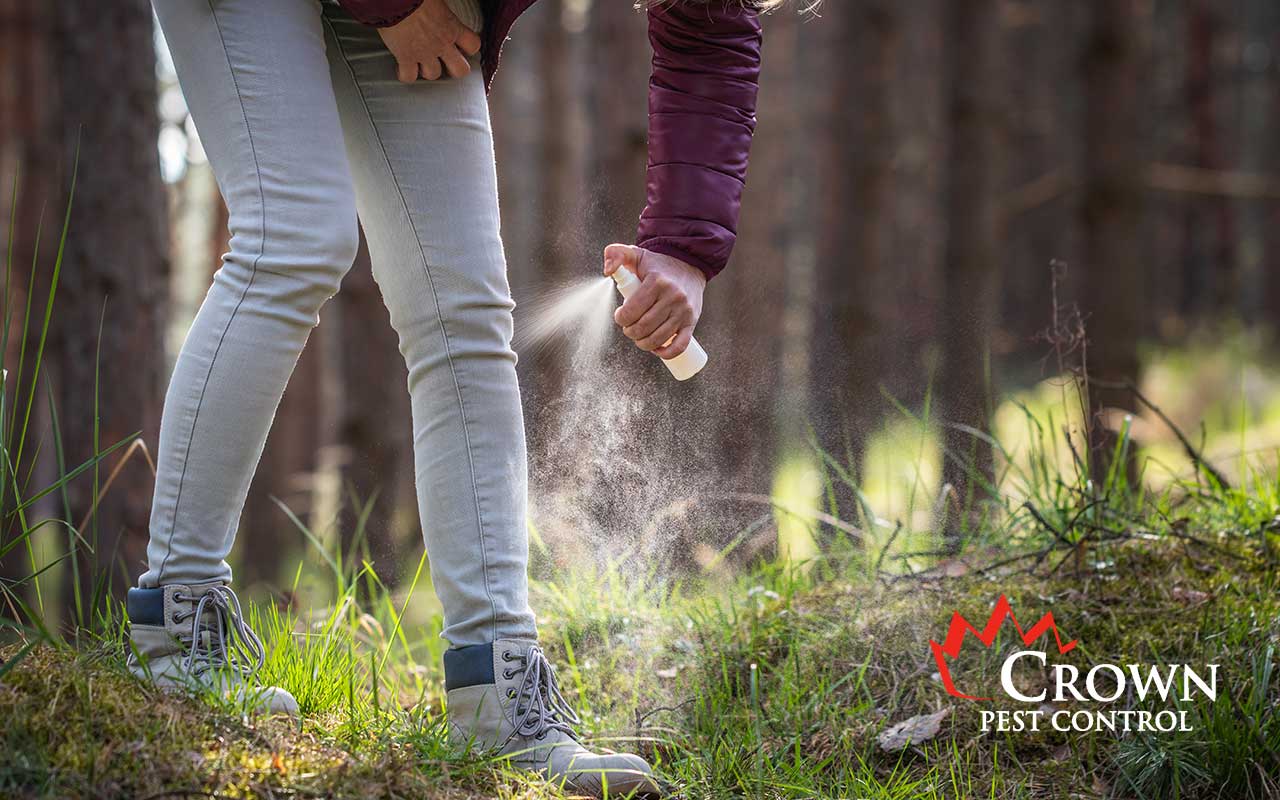
Tip 5 – Reduce the tick population
Crown Pest Control in Charlotte can help reduce the tick population on your property. Our experienced technicians will inspect your property and determine the best course of action to treat the ticks. Contact us today to learn more about our tick control services.
Do Springtail Bugs Bite?
Springtails are harmless tiny creatures you may find jumping or scurrying around your home.
Rodents, a Concern for Homeowners
Rodents are a concern for homeowners. From damage to disease, rodents can be quite the headache. Read on to learn more!
Are All Ants Bad? The Truth About These Tiny Creatures.
The short answer is no. Read on to learn about two very different types of ants in the Carolinas
Important Types of North Carolina Mosquitoes
North Carolina is home to 60 different species of Mosquitoes. Read on to learn more.
Popular Termite Treatments in Charlotte
What to learn about termite treatments in Charlotte? Read on!
Termite Season
It’s that time of year when the rainy weather brings out termite swarms. Find out how to spot them and what to do next.

